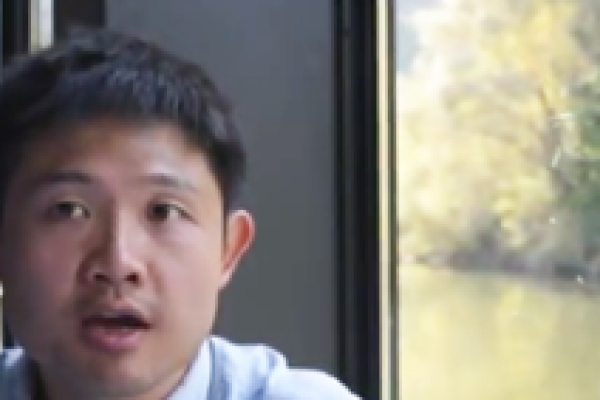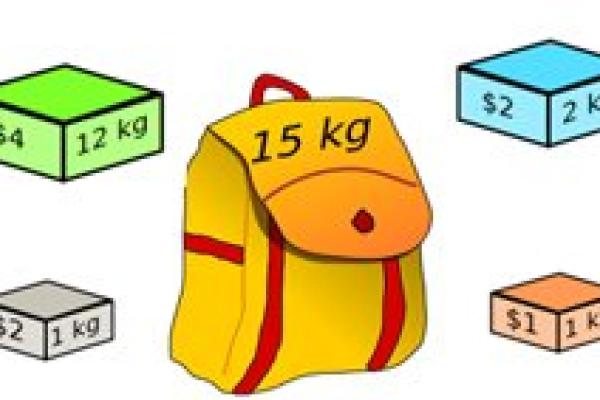Article


Robots to play games with
Chess computers were one of the first step towards developing a form of AI. Here's a brief history.

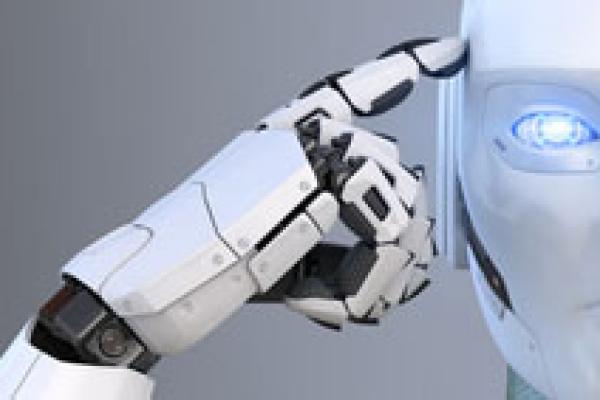
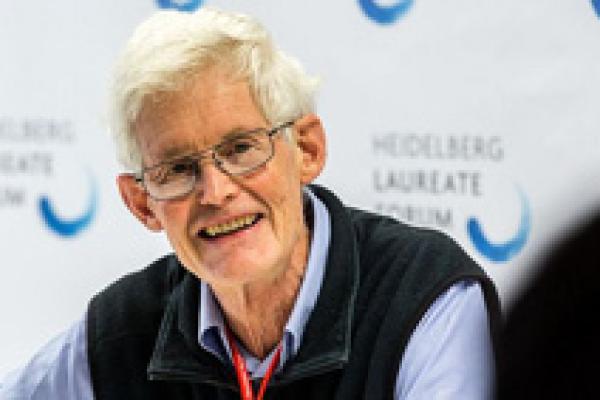
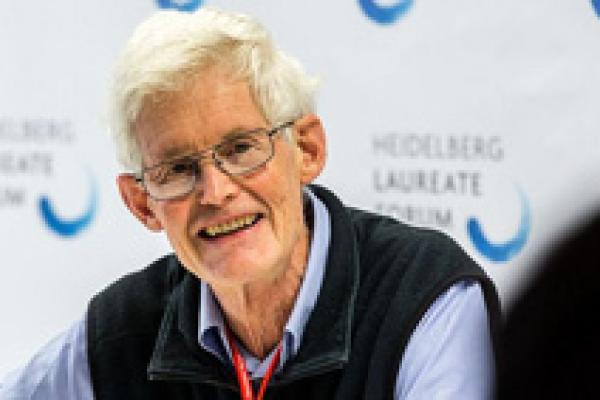

There are problems that are easy to solve in theory, but impossible to solve in practice. Intrigued? Then join us on a journey through the world of complexity, all the way to the famous P versus NP conjecture.
